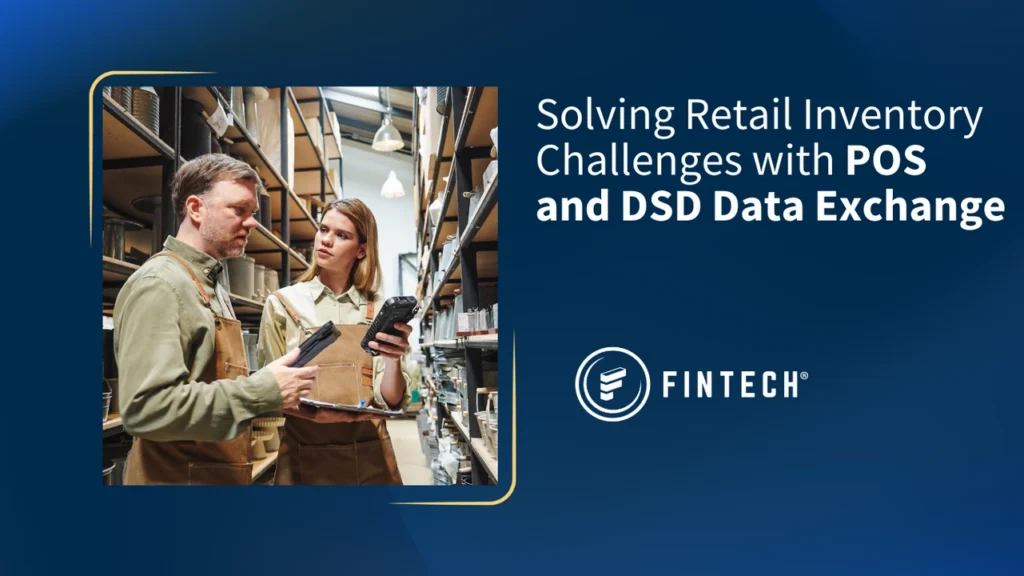What were the most common themes for alcohol bills that passed in the 2023 legislative session?
- Drinks-to-Go
- Dram Shop Reform
- License Stacking
- Self-Distribution
Drinks-to-Go
Five state legislatures made drinks-to-go privileges permanent this year. Connecticut, Hawaii, Maine, Michigan, and Washington all codified the temporary to-go privileges that originated from the 2020 pandemic. The five states have now joined the 21 other states that have already made drinks-to-go permanent.
The states of Illinois, Massachusetts, and Vermont tried to get the same thing done but ended up simply extending their privileges until 2028, 2024, and 2025, respectively. It’s reasonable to believe that all three states will see their newly refreshed sunset dates repealed (thereby allowing drinks-to-go permanently) prior to the expiration of the privileges.
Interestingly, Maryland and Tennessee went the opposite direction this year and allowed their temporary drinks-to-go privileges to expire on July 1.
Self-Distribution
In Kentucky, Louisiana, Maryland, and Nebraska, legislative bills were passed that allow small manufacturers to self-distribute their products to retail licensees (diverting from the normal path through the wholesale tier). The new privileges apply as follows:
Kentucky: Wineries producing less than 500,000 gallons/yr
Louisiana: Distillers producing less than 4,000 gallons/yr
Maryland: Distillers producing less than 100,000 gallons/yr
Nebraska: Distillers producing less than 100,000 gallons/yr
The state of Oregon also passed a self-distribution privilege this session, but not in the same way as Louisiana, Maryland, and Nebraska. In those states, the privilege allows self-distribution to in-state retailers. In Oregon, however, the new privilege allows OUT-OF-STATE brewers to self-distribute across the border to Oregon retailers. Self-distribution of alcohol across state lines is not common in the US, so this new privilege is particularly noteworthy.
North Carolina and West Virginia also saw bills for self-distribution privileges for distillers, but neither passed. The noteworthy thing about these bills is that both were in control states. Even though the bills would have required the distillers to assess and collect additional taxes so that the control state agencies could maintain the existing profits that feed their state’s general funds, neither bill gained any traction.
Dram Shop Reform
In response to devastatingly high liability insurance costs across the country, server liability guardrails were successfully modified in three states this year. Legislators in Alabama, Montana, and Utah managed to repeal “strict liability” and carve out new conditions for server/seller liability as they relate to overserving alcohol. Some of the new conditions that determine server liability are:
Alabama
- Customer must have been “visibly impaired”
- Over-service must have been the proximate cause of death/injury
Montana
- Must be visible or audible indicators of intoxication
- Estimated or real BAC (blood alcohol content) cannot be used to prove that visible or audible indicators existed
Utah
- Last drink consumed was provided by the server
- The drink was consumed where served
- The injury/death occurred within 10 miles and 30 minutes of leaving the premises
Two other states had similar bills this session: South Carolina and Washington, D.C. Neither passed, but both would have conditioned server liability similar to the three bills noted above. Washington, D.C.’s bill would have also capped civil liability at $250,000.
License Stacking
Another common theme that evolved from the 2023 legislative session is license stacking. Four states passed bills to allow certain manufacturers to obtain additional permits (thus, the “stacking”) so that they may buy alcohol produced by other manufacturers and allow it to be sold and served on their own premises.
Iowa: To allow wineries to acquire additional licenses that permit them to buy/sell/serve other manufacturers’ beer and wine for on-premises consumption.
Montana: To allow breweries/wineries/distilleries to acquire additional licenses that permit them to buy/sell/serve other manufacturers’ beer/wine/spirits for on-premises consumption.
Nebraska: To allow wineries to acquire additional licenses that permit them to buy/sell/serve other manufacturers’ beer and spirits for on-premises consumption.
Oklahoma: To allow wineries to acquire additional licenses that permit them to buy/sell/serve other manufacturers’ beer for on-premises consumption.
2023 Session Summary
Overall, the 2023 legislative session saw more than 500 alcohol bills. Fewer than 30% of them passed, so that leaves a significant amount of unfinished business for the industry to tackle in 2024. Come January and February, I expect to see many bills proposing wine and/or spirits in grocery stores, direct-to-consumer privileges (manufacturer-to-consumer deliveries), dram shop reform, licensing of third-party delivery service providers (retailer-to-consumer deliveries), and more than ever, a robust game of tug-of-war between “expanded industry privileges” and “economic protectionism for industry members.”






